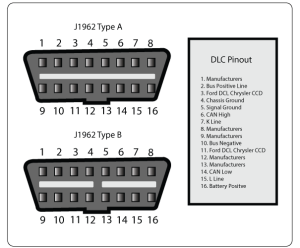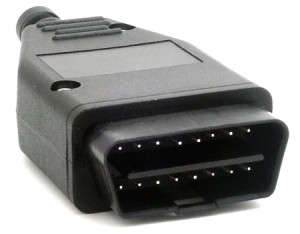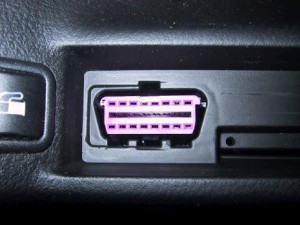OBD is a type of protocol or simply we can call it a language which is used by the car and the scanning tool in order to understand and grab the trouble codes generated in the ECM of the car. It is a self diagnostic system with particular set of standards and it was developed by California Air Resources Board in 1982. The OBD I was comparatively very simple and can only diagnose the Engine control module, the fuel injection system, the exhaust gas recirculation system and the oxygen sensor. The OBD I protocol was a development; heading towards the right direction, but it had its own drawback due to less number of system diagnostics, secondly it was lacking in standardization between different manufacturers and different models of their products, thirdly every vehicle manufacturer used different connector port and it could be only accessed with costly scan tools. Hence a particular set of standards were required to be build, which could be used universally in every model of every manufacturer. So, late in 1994 the OBD II protocol; a standard 16-pin Data link connector (DLC) with standardized terminologies, was developed by the Society of Automotive Engineers (SAE) and two year later in 1996, OBD II was made mandatory for all cars in the American market. Later on in 2001 EOBD (European On Board Diagnostic), European version of OBD was made mandatory in all European vehicles. Lastly in 2004 it was accepted universally and all the light vehicles manufactured were manufactured on the OBD II protocol.
The OBD II port in a car is a 16 pin female socket available under the steering wheel in most of the cars is to be connected with the 16 pin male connector and the connection between the car and the scanner can be obtained, further the diagnostic trouble code can be fetched using the scanner.



What a great post! Thank you for writing
Hello there, simply changed into aware of your blog via Google, and located that it is truly informative. I抦 going to watch out for brussels. I will appreciate when you continue this in future. Numerous other people can be benefited out of your writing. Cheers!
wonderful points altogether, you simply gained a brand new reader. What would you suggest in regards to your post that you made a few days ago? Any positive?
https://www.hairstyleslook.com/hairstyles